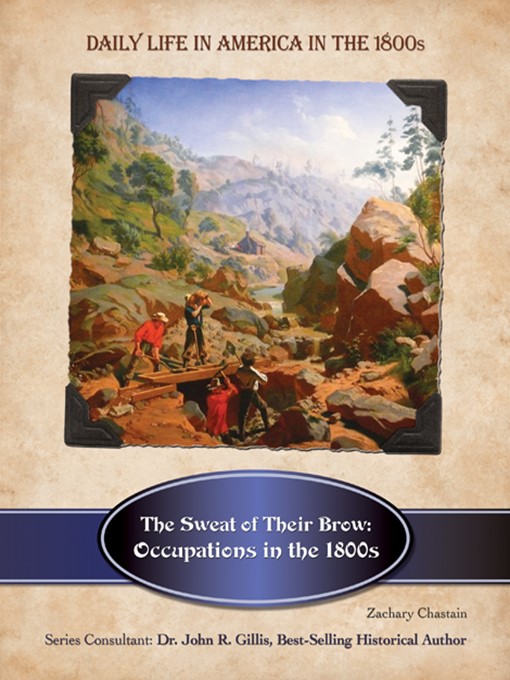America in the 1800s was a very hard-working society. Early in the century, farmers, craftsmen, and housewives worked very much the way they had for centuries—by their own physical labor and "the sweat of their brow." The growing industrial economy brought millions of workers—people leaving their farms and new immigrants—into the factories and workshops of America, where the work was hard, the hours were long, and the pay was low. Women and children made up a large percentage of the industrial workforce, and conditions were often miserable and dangerous. Meanwhile, a small class of industrialists built vast fortunes. As the century progressed, improved technology, worker's rights legislation, and the rise of trade unions helped to alleviate some of the misery of American workers, but for much of the 1800s, the lives of an average working-class person was one of hard toil, limited opportunities, and the constant threat of poverty.
- Popular Magazines
- Home & Garden
- News & Politics
- Food & Wine
- Celebrity
- Outdoor & Travel
- Art & Architecture
- Business & Finance
- Crafts
- Family & Parenting
- Boating & Aviation
- Science
- Photography
- See all

